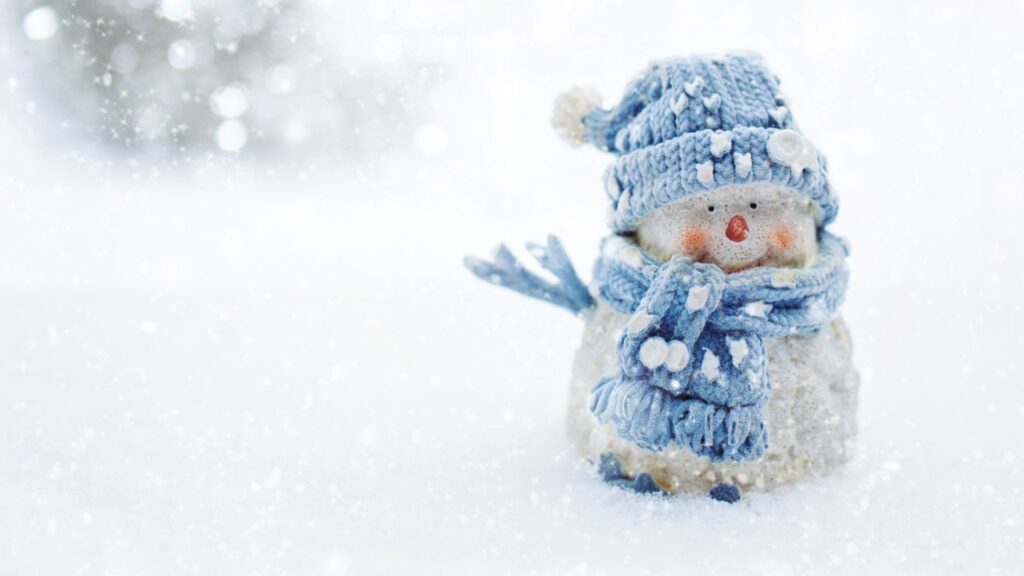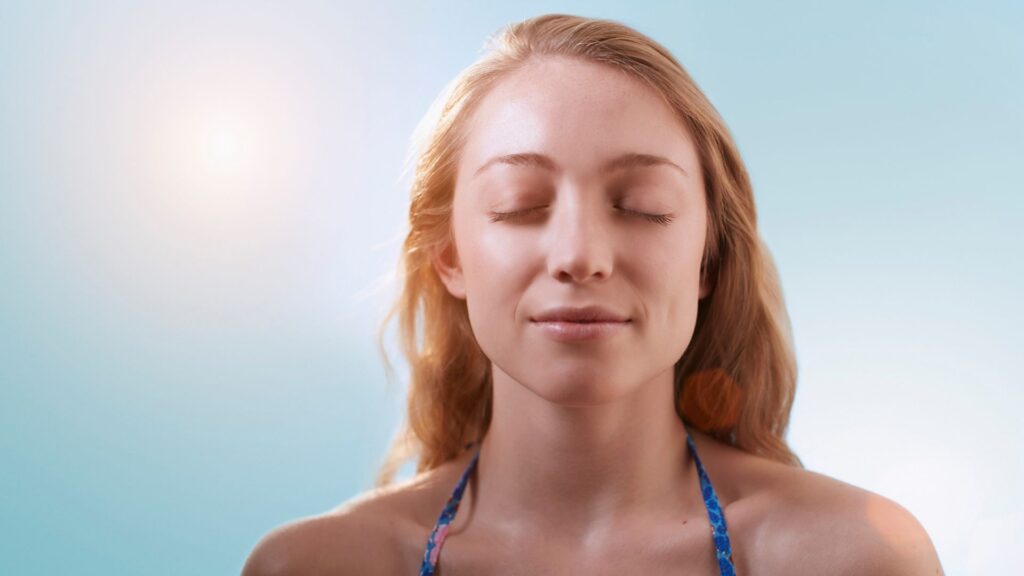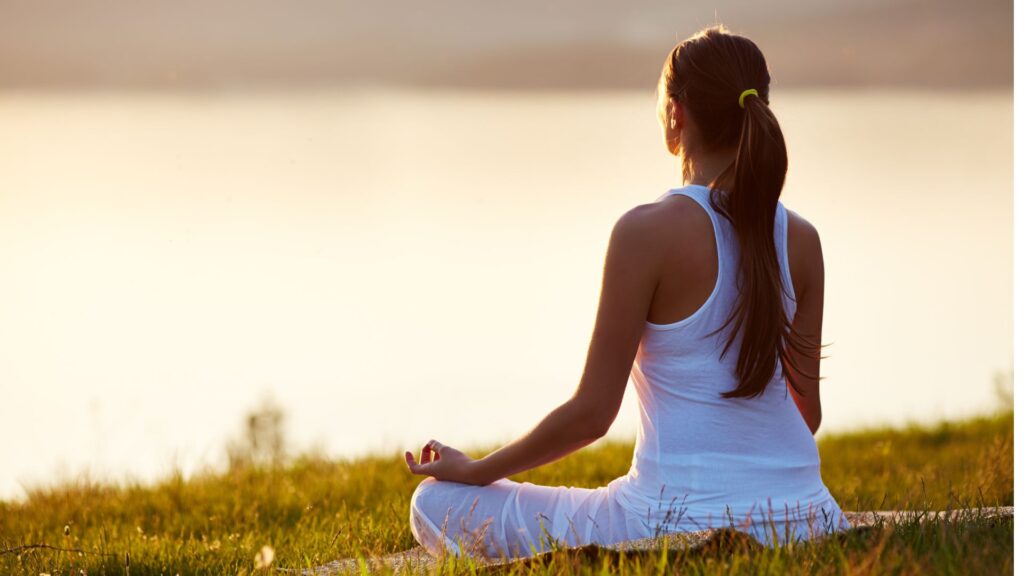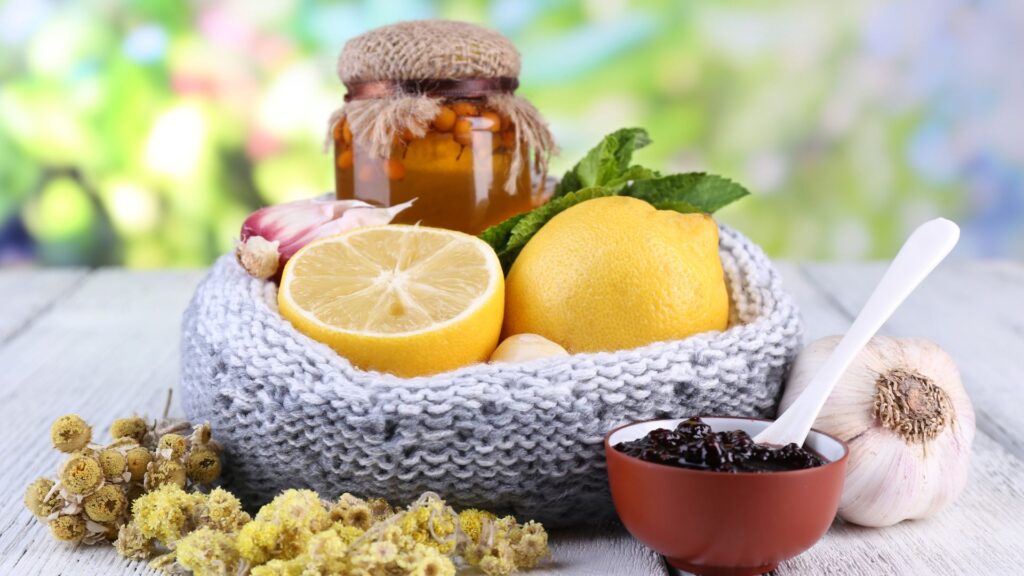
As winter settles in with its chilly embrace, the whole atmosphere undergoes a transformation, and a sense of tranquility blankets the world. However, for some, this seasonal shift brings about a phenomenon known as the “winter blues.” As daylight reduces and the nights grow longer, individuals may find themselves struggling with a dip in mood and energy levels. The gloomy, overcast skies and the biting cold can cast a shadow on one’s disposition, leading to a feeling of lethargy and a desire to hibernate indoors. The winter blues, often associated with a form of seasonal affective disorder (SAD), can affect people both physically and emotionally.
Symptoms of these seasonal mood changes include a persistent low mood, a diminished interest in once-enjoyable activities, and a pervasive fatigue that seems to linger. Sleep patterns may undergo disruptions, with either excessive sleeping or insomnia becoming prevalent. Changes in appetite and weight, often marked by increased cravings for carbohydrates, can contribute to a sense of lethargy and physical discomfort. Concentration and focus may waver, and individuals might find themselves withdrawing from social interactions. Feelings of hopelessness, irritability, and a general sense of worthlessness may increase.
As per Ayurveda, winter is vata season, meaning it’s cold and dry. But there are practices recommended in ayurveda that can support you in feeling joyous and connected all winter long.

Stay physically active:
Engaging in regular physical activity can serve as a powerful antidote to the winter blues associated with SAD. Exercise has been proven to release endorphins, the body’s natural mood enhancers, which can help alleviate feelings of sadness and anxiety. You may walk, jog, play sports, run, dance or cycle to keep active and energetic. Physical activity not only provides a natural boost to mood but also contributes to better overall health. It’s easy to stay in bed with heaters and comfort food, but just try to come out of your comfort zone and see the difference it makes to your day.

Follow a Daily Routine (Dinacharya):
In winters you feel lazy but if you try to stick to a regular daily routine, it promotes balance and stability. Even if you are not able to wake up very early, its completely ok. Try waking up and going to bed at the same time each day.Include self-care practices like oil massage (abhyanga) that involves the application of oil to the body through massage. During Abhyanga, warm oil is typically used, and the massage strokes are often long and rhythmic. The oil is applied to the entire body, and attention is given to specific areas, such as the joints. Abhyanga is believed to enhance the flow of prana (life force), improve skin health, promote better sleep, and reduce stress in winters.

Diet and Nutrition:
If you are having winter blues, it can be easy to slide into less healthy eating habits without even realising it. This then becomes as a vicious cycle-with the body receiving less nutrition, the mental state goes down further. Make a conscious decision during winter season to make sure you eat nutritious food, knowing that if you in good physical shape, you will be better condition to handle the weather. Nutrition is extremely important in winters. Consume warm and nourishing foods to balance the cold and dry qualities of winter. Include cooked, moist, and easily digestible foods. Favor warming spices like ginger, cinnamon, and turmeric in your meals. Stay hydrated with warm beverages like herbal teas or ginger-infused water.

Get Adequate Sunlight Exposure:
Vitamin D is an essential micronutrient. With less sun in winters, we receive less vitamin D anyway. Try spending some time outdoors every day during the daylight hours, especially in the morning. If sunlight exposure is limited, consider using a light therapy box that mimics natural sunlight. Light naturally makes you feel better.

Yoga, Pranayama and Meditation:
Yoga, pranayama, and meditation serve as powerful tools to alleviate the winter blues, offering a holistic approach to mental and physical well-being during the colder months. The practice of yoga involves gentle yet invigorating poses that increase blood flow, release tension, and promote flexibility. This not only helps to combat the lethargy often associated with winter but also enhances mood through the release of endorphins. Pranayama, or controlled breathing exercises, plays a crucial role in regulating the body’s energy and calming the mind. Deep, mindful breaths can bring a sense of warmth and vitality, countering the seasonal gloom. Additionally, meditation provides a mental sanctuary, allowing individuals to cultivate inner peace and mindfulness. Consistent practice of these ancient disciplines during winter can not only chase away the blues but also build resilience, providing a serene foundation for navigating the challenges of the season with a positive mindset.

Mind strengthening herbs.
Ashwagandha, known for its adaptogenic properties, is a popular choice to help the body adapt to stress and promote vitality. Tulsi (Holy Basil) is another herb highly valued in Ayurveda, renowned for its ability to uplift the spirits and alleviate stress. Additionally, Shatavari, with its nourishing properties, can support the nervous system and combat fatigue. Ginger and turmeric are often incorporated for their anti-inflammatory and warming qualities, promoting circulation, and combating the cold. Brahmi (Gotu Kola) is another important herb known for its calming effects and ability to support mental clarity.

Build community and stay connected:
Socializing is important to fight loneliness and sadness in winter months. Keep meeting your friends and family or join a group of likeminded people to combat feelings of isolation. Plan activities that bring joy and connection during the winter months. Join a physical activity, yoga, meditation or kirtan group to elevate your spirits.
Winter blues will affect us differently depending on which of our doshas are out of balance. Pitta dominant individuals may seem to be most susceptible to winter blues due to lack of sunlight or ‘fire’ element during the grey winters. You may consider consulting with an Ayurvedic practitioner who can provide personalized recommendations based on your unique constitution (dosha) and imbalances.